- Home
- Trade News
- India Bans Rice Exports, Boost ...
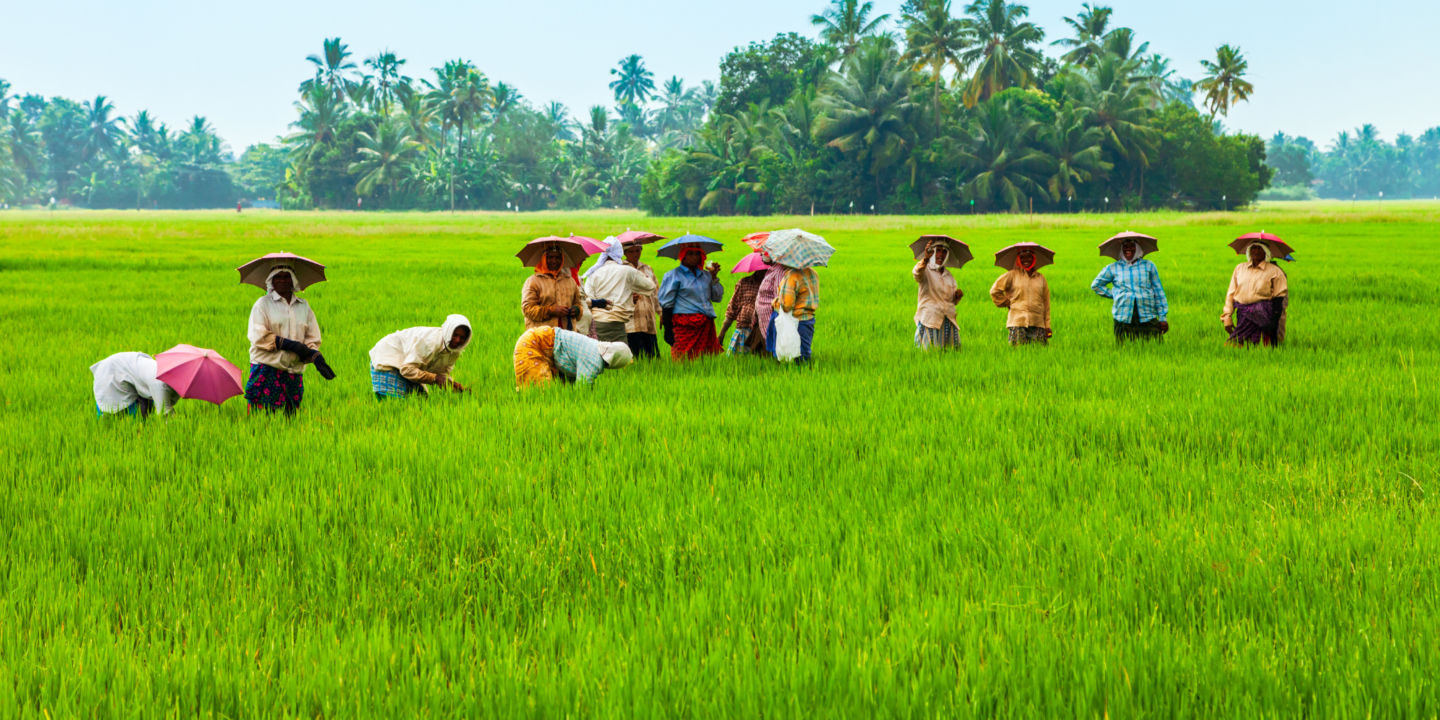
In a move that is set to reshape the global rice trade landscape, India has announced a temporary ban on rice exports, leading to a surge in Chinese rice exports to Ivory Coast. China’s rice exports to the West African nation have reached record highs, leaving a significant impact on the international rice market.
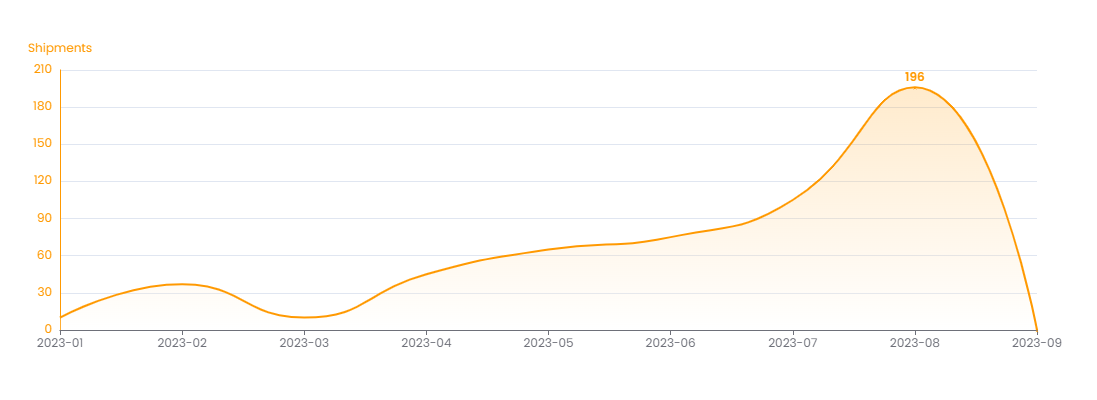
China rice exports to Ghana, Congo, Ivory Coast Trend
Source: Trade Data Pro
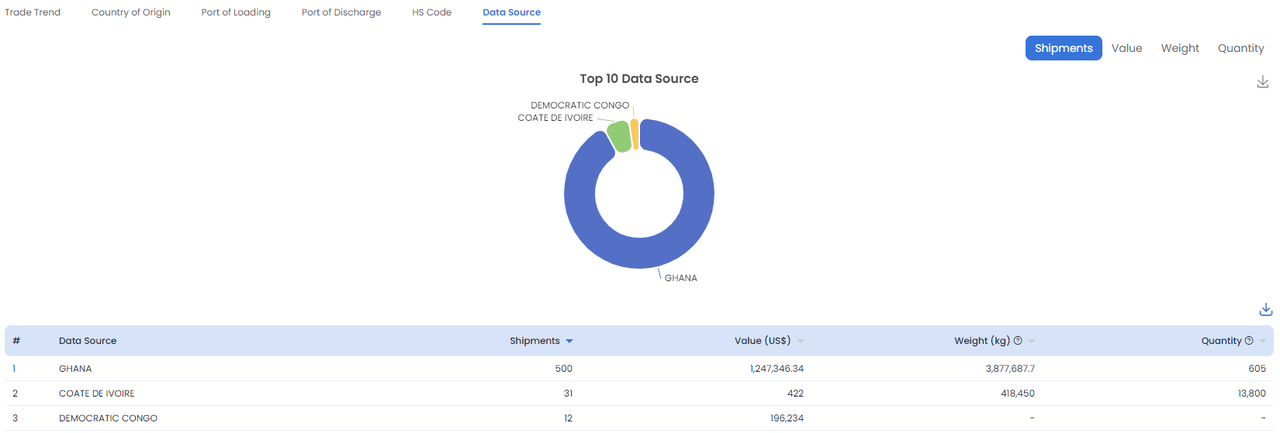
Top 10 Data Source of China rice exports to Ghana, Congo, Ivory Coast
Source: Trade Data Pro
India, one of the world’s largest rice producers and exporters, imposed the export ban to ensure domestic food security amid concerns about rising food prices and the need to build up strategic rice reserves. The ban, which came into effect on September 15, 2023, has left many of its traditional rice importing partners searching for alternative sources.
China, already a key player in global rice exports, has capitalized on India’s absence in the market by significantly increasing its rice shipments to Ivory Coast.
Here are some key insights into the situation:
Impact on Global Rice Prices: The immediate consequence of India’s ban on rice exports has been a noticeable uptick in global rice prices. India was a major supplier of rice to countries across Africa, Asia, and the Middle East. With its exit from the market, the supply-demand balance has been disrupted, resulting in price hikes that could affect consumers in importing nations.
China’s Emergence as a Dominant Player: China has seized the opportunity created by India’s absence in the rice export market, especially in regions like West Africa. Ivory Coast, in particular, has seen a surge in Chinese rice imports, as the country strives to meet its growing demand for this staple food. China’s established infrastructure and competitive pricing have made it a preferred supplier for nations facing shortages due to India’s ban.
Trade Relationships Redefined: The shift in rice trade dynamics between India and China has not only affected the two Asian giants but has also forced rice-importing nations to reconsider their trade relationships. Some countries are looking to diversify their sources to avoid overreliance on a single supplier, reducing vulnerability to potential future disruptions.
Food Security Concerns in India: India’s decision to halt rice exports underscores the country’s focus on food security. By accumulating strategic rice reserves, India aims to safeguard its domestic supply in the face of unforeseen challenges such as crop failures or extreme weather events. However, this move may come at a cost to its international trade relationships and influence in the global rice market.
Long-Term Implications: The long-term implications of India’s rice export ban remain uncertain. It hinges on various factors, including the duration of the ban, global production trends, and the ability of other rice-exporting countries to fill the void left by India. Additionally, Ivory Coast’s newfound reliance on Chinese rice imports may have geopolitical and economic consequences, as it strengthens China’s influence in the region.
In conclusion, India’s decision to ban rice exports has triggered a significant realignment in the global rice trade. While China has emerged as a prominent beneficiary, the repercussions of this shift are complex and multifaceted, with potential consequences for global food security, trade dynamics, and economic relationships. As the situation continues to evolve, stakeholders across the world will closely monitor developments and adapt their strategies accordingly.
So, why did China come out on top when India stopped exporting rice, leaving countries like Thailand and Vietnam in the dust? Well, there are several key reasons behind it:
Proximity to Ivory Coast: China’s geographical proximity to Ivory Coast provides a logistical advantage in terms of reduced shipping costs and shorter transit times compared to countries like Thailand or Vietnam. This proximity allows Chinese rice exporters to respond quickly to increased demand and offer competitive prices.
Infrastructure and Capacity: China has invested heavily in its agricultural infrastructure and has a vast rice production and export industry. It has well-developed supply chains, storage facilities, and transportation networks that can handle large quantities of rice exports efficiently. This infrastructure readiness allows China to meet surges in demand more effectively.
Trade Relationships: China has been actively expanding its trade relationships with African nations, including Ivory Coast, over the years. This includes infrastructure development projects, trade agreements, and diplomatic efforts to strengthen economic ties. These relationships create a conducive environment for increased rice exports.
Diverse Rice Varieties: China cultivates a wide range of rice varieties, catering to different preferences and culinary requirements. This diversity allows Chinese exporters to offer a variety of rice options to meet Ivory Coast’s specific demands.
Price Competitiveness: China is known for its competitive pricing in the global rice market. The ability to offer competitive prices, coupled with its production capacity and supply chain efficiency, makes Chinese rice more attractive to importing countries during times of supply disruptions.
Risk Mitigation: Importing countries may diversify their rice sources to mitigate risks associated with relying on a single supplier. While Thailand and Vietnam are prominent rice exporters, diversifying sources by including China in their supply chain can provide more stability in times of crisis.
It’s essential to note that Thailand and Vietnam are also major players in the global rice trade and have benefited from shifts in the market caused by India’s export ban. However, the specific advantages China enjoys, such as geographical proximity, infrastructure, and competitive pricing, have made it particularly well-positioned to capitalize on this situation, especially in the context of supplying rice to Ivory Coast and potentially expanding its presence in West Africa.
The evolving dynamics of the global rice trade underscore the importance of adaptability and resilience in the face of supply disruptions. Importing countries are likely to continue diversifying their sources to mitigate risks, and as the situation unfolds, the rice trade landscape may witness further transformations. Nonetheless, India’s export ban has not only reshaped trade relationships but has also highlighted the complex interplay of geographical factors, infrastructure, and strategic positioning in the global food supply chain.
Explore individual rice topics further. Click here to read more.
The most trustable and reliable source for Trade Data.
TradeData.Pro is a reliable and trustworthy source of trade data proudly made in Singapore, a country known for its stable political climate and trade-driven economy. Presented by Commodities Intelligence Centre, a government-linked company and a joint venture of Zall Smartcom, SGX, and GeTS, TradeData.Pro has received positive feedback from the market since its launch in 2018 for its extensive coverage, affordability, and fast response. The platform has been awarded the Singapore Quality Class in 2020 and the Stevie Award Gold in 2021.
Traditionally, obtaining critical data to reveal trends, identify market opportunities, track competitors, buyers, and suppliers, and better understand the potential of the supply chain has been a challenge. However, the detailed shipment information that is part of government import and export filing requirements does exist and forms the core of global trade. TradeData.Pro has gathered and packaged this information as business intelligence, which helps companies understand the flow of goods across borders and features the world’s largest searchable trade database. TradeData.Pro reviews, standardizes, and cleans data and delivers it in an intuitive format, making it easier for businesses to access.
Businesses interested in staying updated on Vietnam, the hottest industry lately, can access all relevant information on the TradeData.Pro platform. They can find the exact product they’re interested in by checking out the trade database demo at https://tradedata.pro/asia-trade-data/vietnam-import-export-data/. To learn more about accessing new markets, visit https://tradedata.pro/trade-database-demo/.
Additionally, businesses can check out this article to learn how to use TradeData.Pro to access Global Trade Markets: https://blog.tradedata.pro/v3-new-upgrade-of-world-leading-global-trade-data-platform/. To understand how TradeData.Pro works, watch the video below or visit https://www.youtube.com/watch?v=tITfUvjs6Gc
Business China Economy Export Import India International Trade Ivory Coast Markets Opportunities Rice Supplier Vietnam Worldwide
Leave a Reply Cancel reply
Recent Posts
Archives
- June 2025
- May 2025
- April 2025
- March 2025
- February 2025
- January 2025
- December 2024
- November 2024
- April 2024
- March 2024
- January 2024
- December 2023
- November 2023
- October 2023
- September 2023
- August 2023
- July 2023
- June 2023
- May 2023
- April 2023
- March 2023
- February 2023
- January 2023
- December 2022
- November 2022
- October 2022
- September 2022
- August 2022
- July 2022
- June 2022
- May 2022
- April 2022
- March 2022
- February 2022
- January 2021
Categories
Recent Post
Indonesia Exports: Sunny Outlook Despite Coal, US
- June 30, 2025
- 9 min read
Taiwan Exports: Hitting Record Highs in Challenging
- June 30, 2025
- 7 min read
Forecasting a Brighter Outlook for Chile Imports
- May 30, 2025
- 8 min read
All Tags
Agriculture Automotive Brazil Business Business Opportunities Buyers China Coffee Commodities Crops Ecommerce Economic Economy Electronics Energy Environmental Europe Export Exports Future Garments Global Import India Industries International Trade Leads Leads Generation manufacturing Markets Opportunities Pharmaceuticals Prices Rice Russia Supplier Textiles Trade Trade Data Trade Data Pro Turkey Ukraine United States Vietnam Worldwide





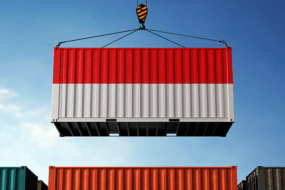
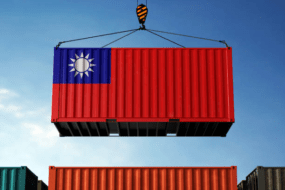


One reply on “India Bans Rice Exports, Boosting China’s Rice Trade with Ivory Coast to Record Highs”
[…] India Bans Rice Exports, Boosting China’s Rice Trade with Ivory Coast to Record Highs […]